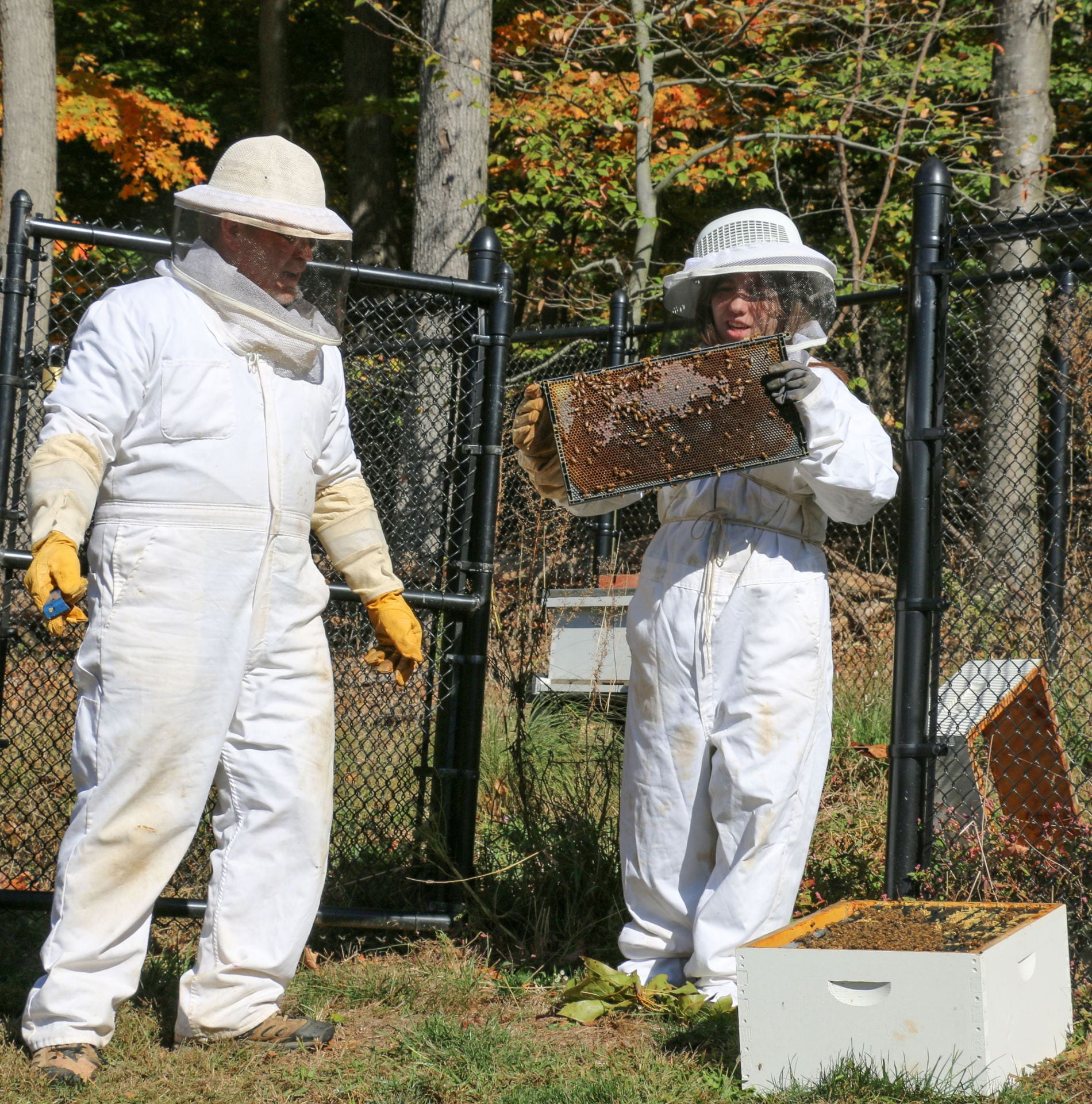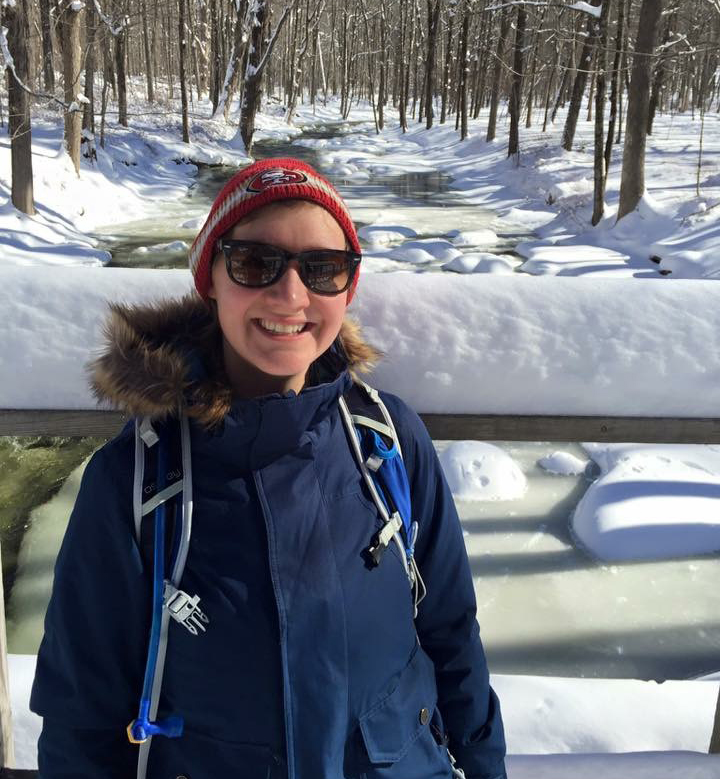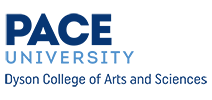Pace’s Bee Campus

Pace University’s Pleasantville campus has become certified as an affiliate of the Bee Campus USA program, joining 90 other campuses around the country. This designation was awarded based on Pace University’s commitment to creating a sustainable habitat for pollinators.
The initiative was led by Pace University’s GreenPace Sustainability Committee and the Dyson College Institute for Sustainability and the Environment, with committee members including clinical associate professor of environmental studies and science Michael Rubbo, PhD, director of capital projects William Carey, director of energy and resiliency Ryan McEnany, and environmental studies student Noah Brennan ’21, who gathered the necessary information for the application process. Membership on this committee is open to all Pace University faculty, staff, and students.
The idea to pursue this certification was born out of Dr. Rubbo’s interest in pollinator conservation and the goal to expand pollinator activities already existing in the Dyson College Nature Center, which houses beehives for demonstration and education. Future plans include building additional pollinator gardens on campus for students to observe, creating educational signage, and hosting pollinator-focused events. On the importance of this designation, Dr. Rubbo says, “it shows our commitment to creating a sustainable campus that will function both as a healthy ecosystem for native plants and animals and as a living laboratory for students.”

Samantha Miller
Program Manager, Pace University
Recent Posts

Suburban Biodiversity Conservation Center: A New Vision for Conservation
The newly named Suburban Biodiversity Conservation Center launches new hands-on projects and opportunities for Pace and the local communities.

Interning with Gotham Park: Mekayla Bailey ‘26
Mekayla Bailey spent the summer interning with Gotham Park, a nonprofit grassroots organization revitalizing the forgotten spaces under the Manhattan side of the Brooklyn Bridge, a short walk from Pace University’s New York City campus.
